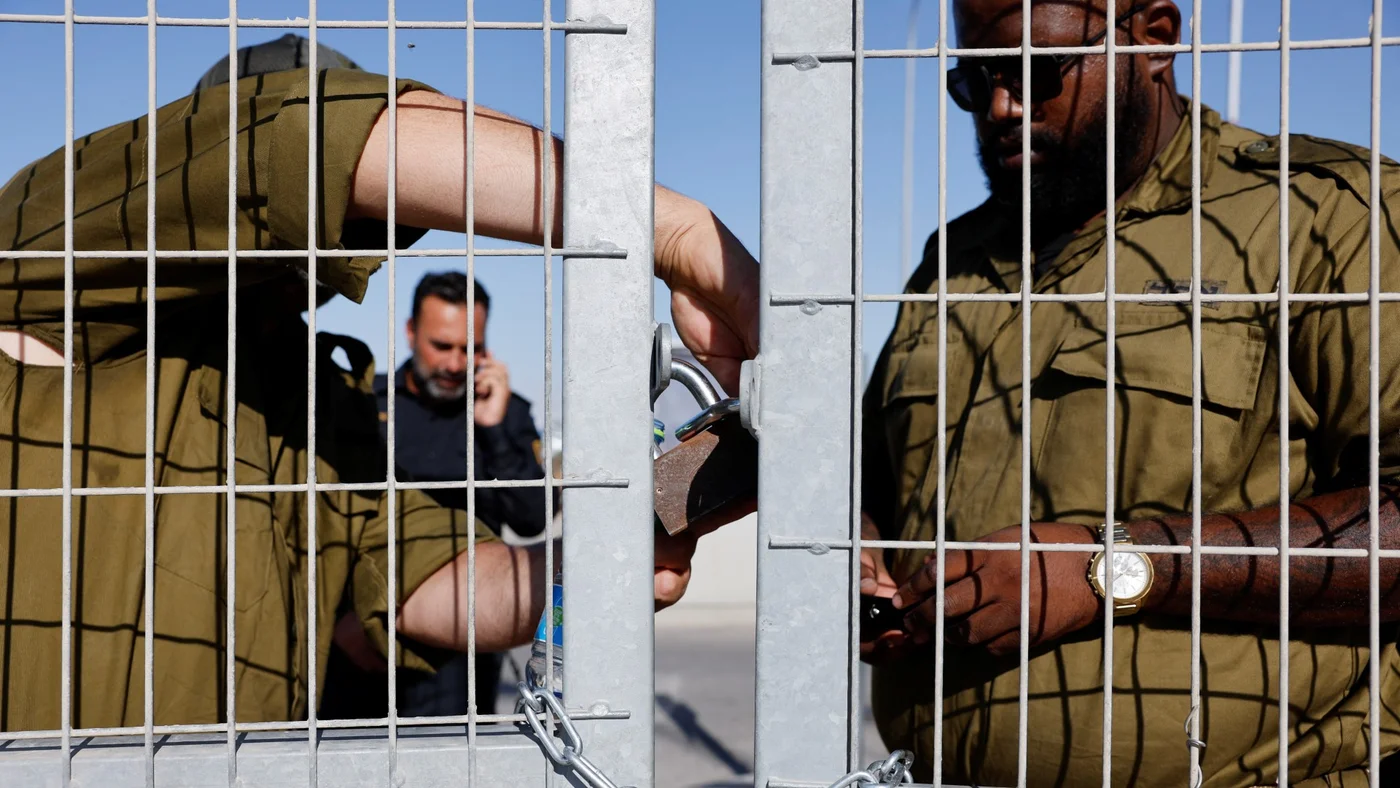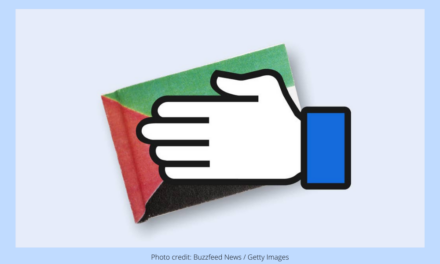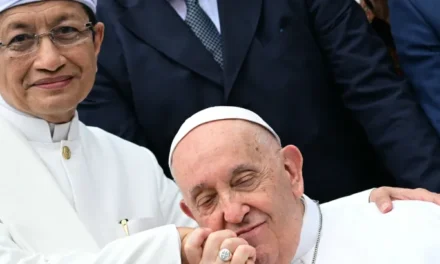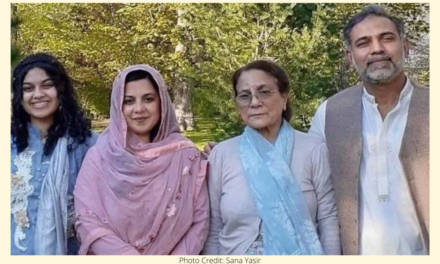Soldiers lock a gate at the Sde Teiman detention facility after Israeli military police arrived as part of an investigation into the abuse of a Palestinian detainee, on 29 July 2024 (Amir Cohen/Reuters)
When a video surfaced last year showing Israeli soldiers raping a Palestinian prisoner, the outrage in Israel was immediate – but not over the crime.
Instead, the fury was directed at the leak.
Last week, Yifat Tomer-Yerushalmi stepped down as the Israeli army’s lawyer after confirming her involvement in leaking CCTV footage from inside the notorious Sde Teiman detention camp during Israel’s genocidal war on Gaza.
In the footage, heavily armed Israeli soldiers can be seen grabbing and leading away a blindfolded Palestinian prisoner before surrounding him with riot shields to obscure their gang rape.
The Palestinian man, who, according to some reports, has since been sent back to Gaza, suffered an injury to his anus, a ruptured bowel, lung damage, and broken ribs.
After the leak emerged, Tomer-Yerushalmi – who spent her entire career defending the Israeli military – found herself being hounded by rightwing politicians.
Finance Minister Bezalel Smotrich slammed the lawyer, saying she acted against Israeli soldiers and “collaborated in leaks with blood libels against the state of Israel”.
Meanwhile, the soldiers accused in the rape case held a news conference demanding compensation for “damage to their image”.
Moral reckoning
In a country that constantly prides itself on respecting the rule of law, this episode should have sparked a moral reckoning. Instead, it revealed how deep the dehumanisation of Palestinians runs – and how normalised sexual violence and torture have become inside Israeli detention facilities.
At their news conference outside the High Court, the four soldiers accused in the gang-rape case boasted about how they are still free.
Wearing balaclavas, in an apparent effort to avoid prosecution at the International Criminal Court, the men declared: “We will prevail.”
“You tried to break us, but you forgot one thing: we are Force 100,” they said, referring to their counterterrorism unit.
They were not ashamed. They were emboldened. The message was unmistakable: in Israel, even rape can be reframed as heroism when the victim is Palestinian.
Meanwhile, the country’s leadership closed ranks around the perpetrators.
Israeli Prime Minister Benjamin Netanyahu refused to denounce the assault. Instead, he called the leak “perhaps the most severe propaganda attack the state of Israel has experienced since its establishment”.
His concern was for Israel’s image, not for the man brutalised on screen.
This moral inversion is not an isolated failure. A recent report by Israeli human rights group B’Tselem, titled “Welcome to Hell”, documented systematic abuse of Palestinian detainees during Israel’s war on the enclave.
Fifty-five former prisoners described beatings, sleep deprivation and sexual violence. Fadi Baker, 25, recalled soldiers burning him with cigarettes and putting clamps on his genitals that were tied to heavy objects. He was later left naked in a freezing cell for two days, music blaring.
The United Nations Human Rights Office has reported dozens of Palestinian deaths in Israeli custody since the war began in October 2023.
System of impunity
These testimonies paint a picture of a detention system governed by impunity. Even when evidence surfaces – as it did last year at the Sde Teiman facility, where soldiers were arrested for abuse – political figures rush to the defence of the accused.
Far-right Knesset members stormed military bases, threatened prosecutors, and accused the army’s legal corps of “betraying” the nation.
Social media was flooded with calls to “burn” and “stone” the officials investigating the soldiers.
Since Israel launched its assault on Gaza, sexual abuse and the torture of Palestinians have become rampant across the occupied territories, as the United Nations and human rights groups have repeatedly documented.
The pretence that the Israeli army is a “moral army” – let alone the “most moral army in the world” – has been proven to be just another public relations attempt to cover up Israel’s crimes against the Palestinian people.
In Israel, the leak of the video has shaken Israelis more than the crime itself.
It has exposed how Israel has lost its capacity for moral outrage when the victims are Palestinian.
The views expressed in this article belong to the author and do not necessarily reflect the editorial policy of Middle East Eye.














